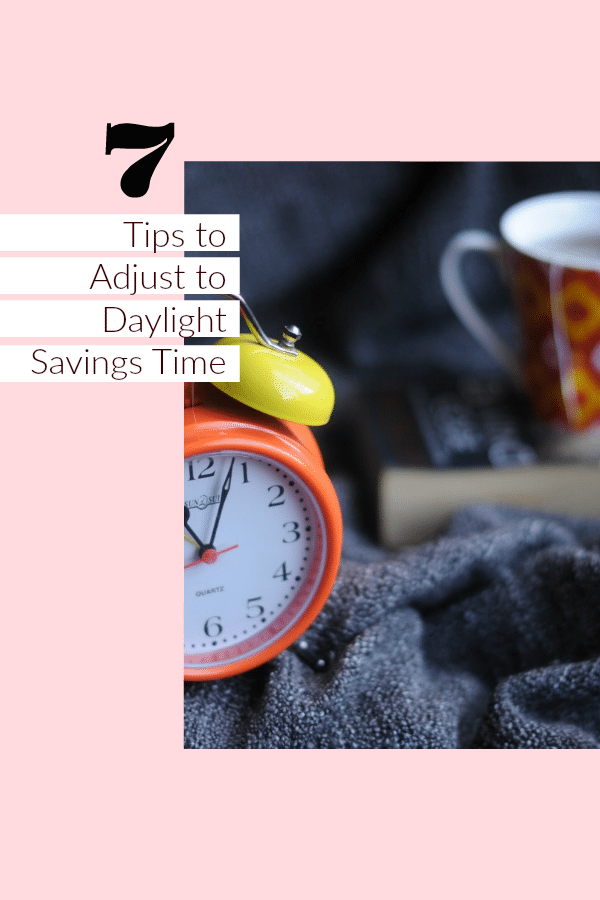
Every year, our clocks shift back one hour, leaving most of us exhausted and unable to adjust. If you regularly go to bed at 10pm, your clock will show 9pm instead. This also means that your normal bed time will strike an hour later, which will make it seem like you’re going to bed much later than usual. For many, this change is hard to adjust to and can be quite upsetting.
If thinking about Daylight Saving Time has you stressed out and pulling your hair already, here are 7 tips to help you successfully adjust:
1. Start going to bed later
A week or so before Daylight Saving Time occurs, consider going to bed 15 minutes later than usual. Every two days afterwards, increase your bed time by an additional 15 minutes. This way, your sleep schedule and rhythm will gradually shift so you’ll be more in sync with the time change.
2. Adjust your house lighting
As much as possible, try and dim your lights before falling asleep at night. Additionally, consider opening your curtains as soon as your wake up to let the natural light in. This will help you get used to the change as it occurs.
3. Increase your self-care
You may feel anxious before Daylight Saving Time occurs. To help you calm down and prepare for the change, start slowing down and enjoying relaxing activities before your new sleep time. Taking a hot bath can help you both relax and lower your body temperature, so you can ease better into sleep.
4. Avoid excessive caffeine and alcohol
For a day or two before Daylight Saving Time strikes, reduce your intake of alcohol and caffeine, as these affect your sleep cycle. It will help you adapt to your new sleep cycle as easily and naturally possible.

5. Nap mid-afternoon
If you’re a napper, consider sleeping no more than 30 minutes mid-afternoon only. This will help as you won’t be interfering with your natural sleep cycle.
6. Exercise
Exercising releases a chemical in the brain called serotonin, which helps our bodies adjust to changes in time. Pick a time early in the day to exercise, preferably outdoors. Avoid late night exercise though, as it could negatively affect your sleep.
7. Mind your digestion
Time changes may make you hungrier earlier or later in the day. Take time to digest your meals before going to bed. Not digesting well will interfere with the quality of your sleep.
Overall, the shift to Daylight Saving Time can be managed to be as painless as possible. Use these tips to help you make the transition as smoothly as possible.
What else would you add to this list?
Solange Lopes is an author and the founder The Corporate Sister blog (www.thecorporatesister.com), where she shares career, business and lifestyle advice for working women.

Daylight Saving Time begins Sunday, November 4th at 2:00am CST.
Photo by Alisa Anton on Unsplash
Photo by Sanah Suvarna on Unsplash



 #birthdaybehavior
#birthdaybehavior


 #valentinesday
#valentinesday




















Leave a Reply